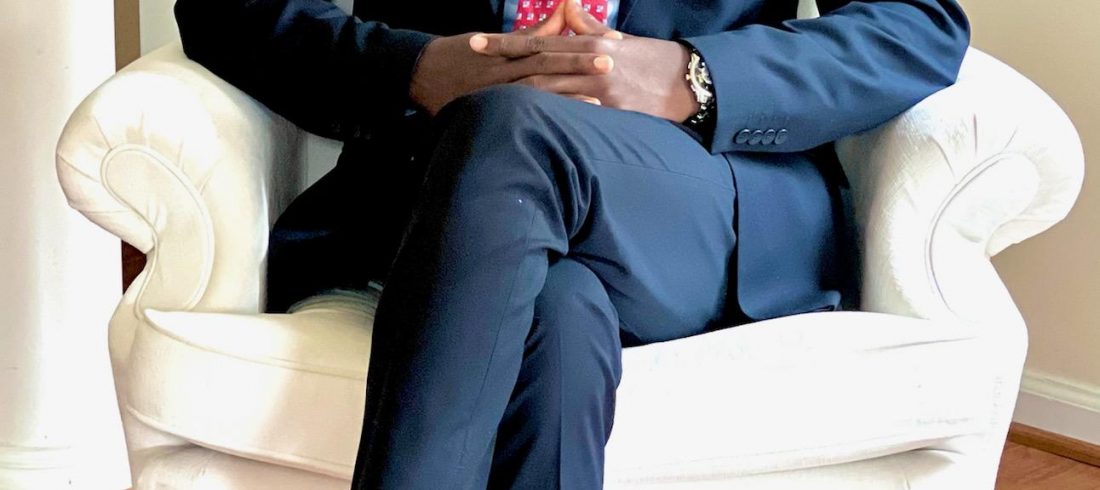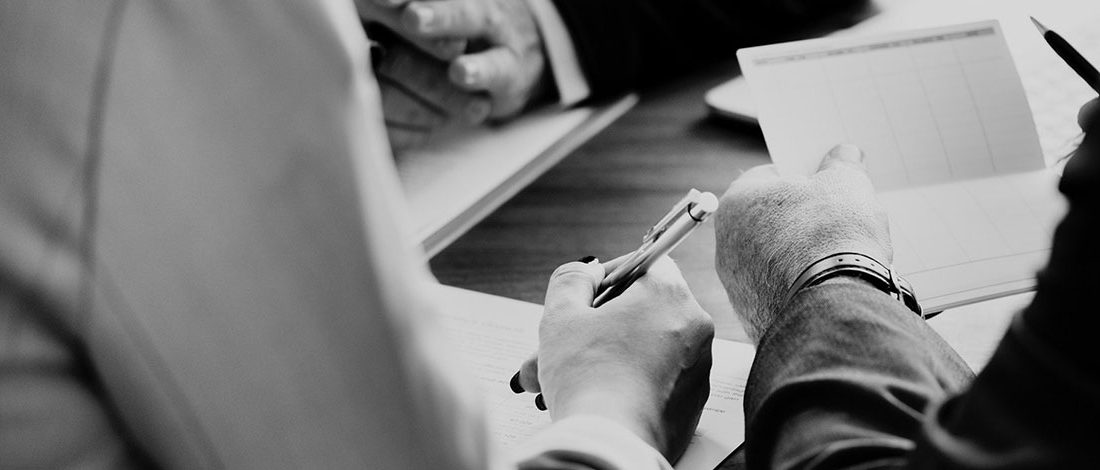So, you might be asking how can practicing gratitude help me be happier? I’m a strong believer that positive attracts positive and negative attracts negative. In other words, there is a strong correlation between the thoughts you have and your happiness. Negative thoughts can just spiral out of control until you are overcome by them.
Mental health is very complex, and I’m not suggesting that practicing gratitude will solve all your problems, but incorporating it into your life along with other self-care practices may make a difference in how you feel and see the world. Don’t take my word for it, try this simple exercise. Each day, for the next month, write down three things for which you are grateful, and see how you feel. Studies published on this topic support an association between gratitude and an individual’s wellbeing, and the brain’s ability to sustain this wellbeing. Gratitude has also been shown to increase employee morale.
If you want to read more on the studies conducted, check out psychologists Dr. Robert A. Emmons of the University of California, Davis, and Dr. Michael E. McCullough of the University of Miami. A study was also conducted by Dr. Martin E. P. Seligman, a psychologist at the University of Pennsylvania.
Tips to Incorporating Gratitude Into Your Life:
- Start each day on a positive note, before you get out of bed, think of three things for which you are grateful.
- Notice things throughout your day that you appreciate and are grateful for. For example, I try to do this with my family. I point out little things like the sun rising or the fog over the neighboring farm. I try to show myself and my family that there are really beautiful things to appreciate.
- Say thank you and show someone how much you appreciate them. Tell them how thankful you are.
- Perform little acts of kindness. I feel that if I am nice and considerate, like letting someone merge into traffic, maybe it will rub off on other people. You can’t control others, but your negative behavior definitely won’t get you anywhere good. It boosts my mood to be kind.
- Compile a list of what you are grateful for, and look at it when you are feeling low.
- If you find yourself feeling stressed or overwhelmed, stop and make a list of at least three things for which you are grateful. You should find that it helps lift your mood and settle your nerves. I use this tool often, and it makes a big difference in my mood.
- Break down something complex into multiple simple tasks, and appreciate and be grateful for each aspect. For example, making dinner. Be grateful you are healthy enough to walk to the refrigerator, grateful for all the food you have, for the ability to read the recipe, that you have people to share it with, etc.
- Try to slow down and be grateful for what is going on around you. So many of us spend our time thinking about the past or future. Try to be mindful of what you are doing at the moment.
I believe that practicing gratitude can help in every aspect of your life. I believe it can help boost your mood, self worth, how you interact with others, your work and overall well being. Give it a try. It’s easy and doesn’t cost a thing. See what it can do for you.
For more tips on wellness check out the Wellness Portal https://www.msba.org/wellness-portal/
You are not alone. The LAP Files | Maryland State Bar Association – MSBA
Stories from lawyers, judges, and law school students about their personal experiences with mental health, substance abuse, and healing
For assistance, contact the Lawyer Assistance Program toll Free 1(888) 388-5459, for free, confidential counseling. We have a network of counselors that can assist you. We offer financial assistance for mental health and substance abuse treatment. Lisa Caplan, LCSW-C, Director, (443) 703-3042, lisa@msba.org
Feel free to reach out to our LAP Committee Members and Volunteers https://www.msba.org/health-and-wellness/
Lisa Caplan, LCSW-C has over 25 years experience in her field, and extensive experience working with lawyers and judges in the areas of mental health, substance abuse and trauma. In her free time she enjoys spending time with family and friends, paddle boarding, sailing, rock climbing and doing triathlons.





